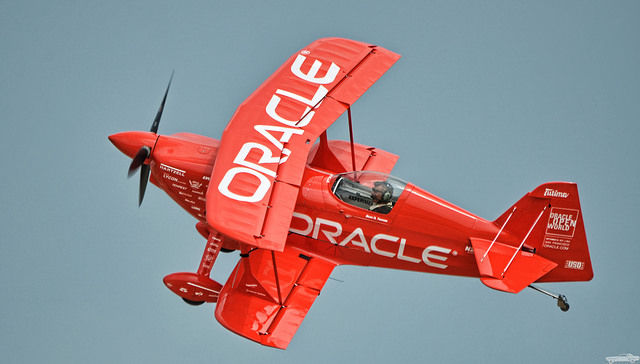
In a second go-round of its copyright lawsuit against Google, Oracle is hoping to land a knockout blow. A damages report filed last week in federal court reveals that the enterprise software giant will ask for $9.3 billion in damages.
In its lawsuit, Oracle argues that Google infringed copyrights related to Java when it used 37 Java API packages to create its Android mobile operating system.
The damages it's seeking aren't just more than the Java API packages are worth—it's far more than Oracle paid for the entirety of Sun Microsystems, which was purchased in 2009 for $5.6 billion. By way of comparison, Google parent company Alphabet earned $4.9 billion in profits last quarter, according to IDG News, which reported on the Oracle figures yesterday.
Such a result would be far and away the biggest copyright verdict ever. It's vastly larger than the $1.3 billion copyright verdict Oracle won against SAP in 2010, which at the time was said to be the largest copyright verdict ever. (That award was later vacated by the judge overseeing the case, who called the jury's decision "overly speculative.")
The expert report arrives at its vast number by determining a "platform contribution," which is based on "a weighted average analysis of what Google pays to others for the contribution of their non-Android mobile platforms in connection with generating search advertising revenue." In the expert's view, other mobile platforms, like Apple's iPhone, contribute "approximately 36 percent of value to mobile advertising," according to the report.
Using the "legal theory of commingling," Oracle expert James Malackowski claims that Oracle should get 100 percent of that platform contribution. "Google faced an extremely competitive landscape with a very limited window of opportunity," he writes. "Java represented a significant portion of the market at the time, and Google overtly capitalized upon that familiarity and comfort with the very important audience of carriers and OEMs."Google has its own damages expert, of course, who will presumably argue any damage award should be much lower, but Google's suggested numbers aren't public yet.
Oracle first sued Google over copyrights and patents related to Java in 2010, and the case went to a jury trial in 2012. The jury sided with Google on the patent issues and split on copyright matters.
However, the case ended in a total victory for Google when US District Judge William Alsup made a groundbreaking ruling that APIs weren't copyrightable at all. He noted that 97 percent of the source code in the API packages was different, with only a three percent overlap that included things like packages, methods, and class names. "Duplication of the command structure is necessary for interoperability," he noted.
The US Court of Appeals for the Federal Circuit saw things differently, and it overruled Alsup on the API copyright issue. However, the higher court didn't decide that Google infringed the copyrights. Instead, it sent the case back to Alsup to decide whether Google's use of the copyrighted APIs was a "fair use" under the law. Now another trial is approaching, set to start on May 9.
Before the first trial, Oracle submitted an expert report asking for damages between $2 billion and $6 billion. Alsup didn't let those figures get anywhere near a jury and threw out the expert report. A second Oracle expert report suggested damages from $1 billion to $2 billion, and Alsup threw that out as well. A third damages report was never made public.
reader comments
892